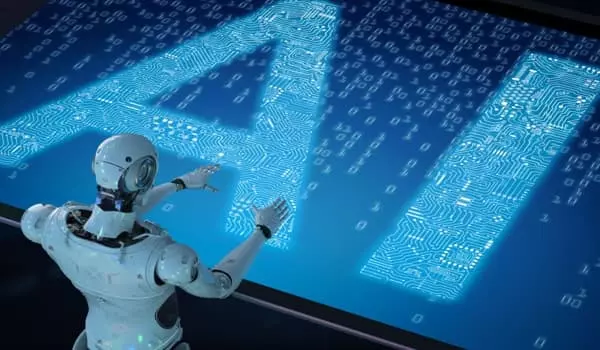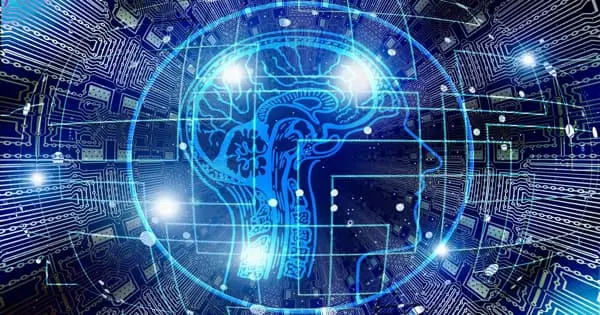Artificial Intelligence (AI), the science of creating smarter and more intelligent human-like machines, has inevitably sparked the debate of Artificial Intelligence Vs Human Intelligence. Indeed, Machine Learning (ML) and Deep Learning (DL) algorithms are designed to teach machines to learn on their own and make decisions in the same way that humans do.
Researchers discovered that machine-learning algorithms outperform professionals in identifying effective behavioral, educational, and psychological interventions. It’s an old adage: getting a second opinion doesn’t hurt. But what if a computer, using artificial intelligence, could generate that second opinion? Is it capable of making better treatment recommendations than your doctor?
According to a pair of Canadian mental-health researchers, it can. Marc Lanovaz of Université de Montréal and Kieva Hranchuk of St. Lawrence College in Ontario makes a case for using AI to treat behavioral problems in a study published in the Journal of Applied Behavior Analysis.
One of the pillars of psychological and behavioral treatment is individualized clinical and educational decision-making. Our research could lead to better treatment options for the millions of people who rely on these services around the world.
Associate Professor Lanovaz
“Medical and educational professionals frequently disagree on the effectiveness of behavioral interventions, which may result in people receiving inadequate treatment,” said Lanovaz, an associate professor at UdeM’s School of Psychoeducation who directs the Applied Behavioural Research Lab.
To find a better way, Lanovaz and Hranchuk, a professor of behavioural science and behavioural psychology at St. Lawrence, compiled simulated data from 1,024 individuals receiving treatment for behavioral issues.

The researchers then compared the treatment conclusions reached by five doctoral-level behavior analysts in each case to those produced by a computer model developed by the two academics using machine learning.
“The five professionals only came to the same conclusions about 75% of the time,” Lanovaz said. “More importantly, machine learning generated fewer decision-making errors than all of the professionals combined.”
Given these encouraging findings, the next step would be to “integrate our models in an app that could automatically make decisions or provide feedback on how treatment is progressing,” he added. The goal, according to the researchers, should be to use machine learning to help professionals rather than replace them, while also making treatment decisions more consistent and predictable.
“For example, doctors could use the technology someday to help them decide whether to continue or discontinue treatment of people with disorders as diverse as autism, ADHD, anxiety, and depression,” Lanovaz said.
“One of the pillars of psychological and behavioral treatment is individualized clinical and educational decision-making. Our research could lead to better treatment options for the millions of people who rely on these services around the world.”
The vision of creating machines that can think and act like humans has progressed from science fiction to reality. We have long attempted to instill intelligence in machines in order to make our jobs easier. Bots, humanoids, robots, and digital humans outperform or collaborate with humans in a variety of ways. When compared to humans, these AI-driven applications execute at a faster rate, have greater operational ability and accuracy, and are extremely useful in tedious and monotonous tasks.
Human Intelligence, on the other hand, is associated with adaptive learning and experience. It does not always rely on pre-fed data, such as that required for AI. Human memory, computing power, and the human body as an entity may appear insignificant in comparison to the hardware and software infrastructure of the machine. However, the depth and layers present in our brains are far more complex and sophisticated, which machines will never be able to match, at least in the near future! Here is a timeline that predicts the entire concept of comparing machine and human intelligence over time.















